White-collar crimes like embezzlement may not grab the attention of the average American as a high-profile violent crime would. However, this does not mean that the legal system does not take such crimes seriously. If you are charged with embezzlement, it is in your best interest to figure out your defense options.
To do so, however, you need to understand how the law defines embezzlement. This is crucial because it will form the basis of your defense.
So what is embezzlement?
Embezzlement is a form of white-collar crime. This means that embezzlement falls into the category of crimes against businesses or governments. It refers to the theft or misappropriation of someone else’s funds.
You can be charged with a misdemeanor or felony depending on the amount of funds you have been accused of embezzling. The more money you are accused of embezzling, the stiffer the penalty will be.
To be convicted of embezzlement, however, the prosecution must prove the following elements:
- There was a fiduciary relationship between you and the plaintiff
- You capitalized on this relationship to access the plaintiff’s funds
- You intended to deprive the plaintiff of their funds
- Your actions were intentional
Defending against an embezzlement charge
The four elements of embezzlement also form the basis upon which you can defend yourself. If you can disprove any of these elements, you will go a long way in winning the argument that you, in fact, did not embezzle the plaintiff’s funds. Some of the defense options you can consider when charged with embezzlement include a lack of intent to commit the crime, duress, incapacity and entrapment.
If you are charged with embezzlement, or if you suspect that you are under investigation, you need to explore your defense options immediately.

